The Ultimate Guide: Navigating the Debate – Can Senior Dogs Safely Consume Puppy Food?
Can senior dogs eat puppy food? It’s a question that many pet owners may find themselves pondering. As our beloved furry friends age, their dietary needs change. Just like humans, senior dogs require a balanced diet that meets their specific nutritional requirements. While puppy food is specially formulated to provide the necessary nutrients for growing pups, it may not be suitable for older dogs. Senior dogs have different needs, including lower calorie intake and specific nutrients to support their aging bodies.
We are Exploring How Can senior dogs eat puppy food.
In this article, we’ll explore whether senior dogs can safely consume puppy food, and what factors should be considered when choosing the best diet for our aging companions. So, let’s dive in and find out if puppy food is a good option for our senior dogs!
Read About: Homemade Dog Food.
The Risks of Older Dogs Eating Puppy Food.
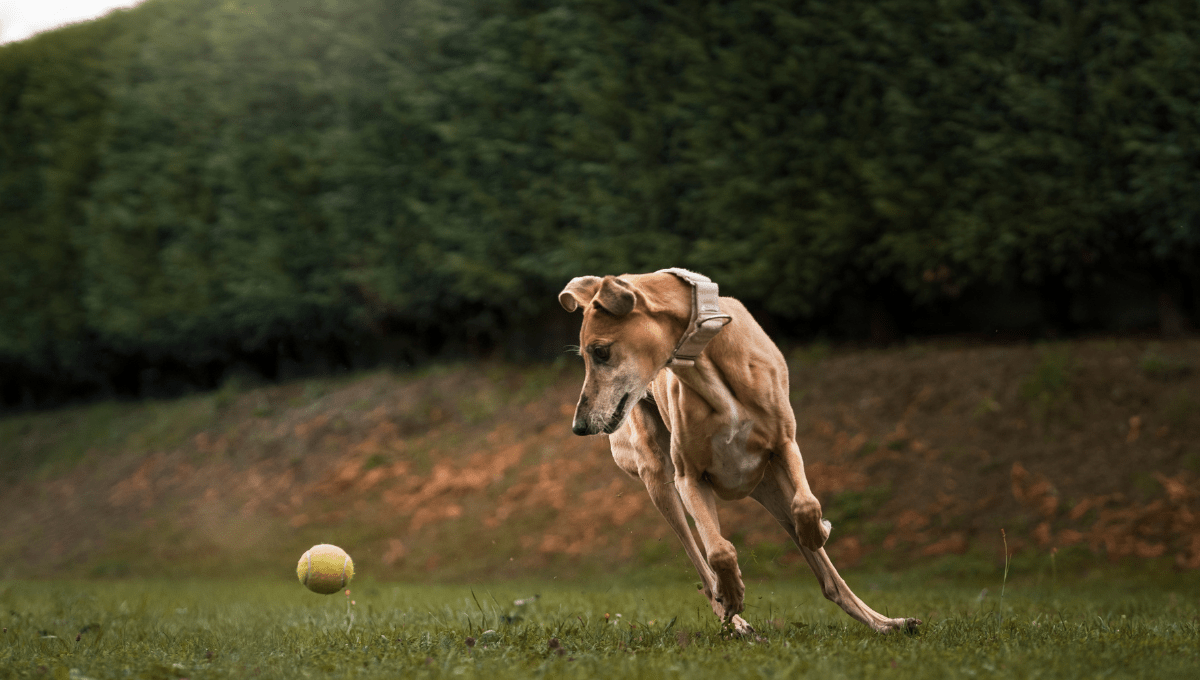
Read More Merrick Classic Puppy Recipe Dry Dog Food:
Why is Puppy Food Supercharged?
Puppy food is like a supercharged fuel for our furry little friends. It’s specially formulated with all the essential nutrients and vitamins growing puppies need to thrive. You see, puppies have different nutritional requirements compared to adult dogs. Their little bodies are going through a rapid growth phase, and they need extra energy and nutrients to support their development. Puppy food is packed with high-quality proteins, healthy fats, and carbohydrates to provide the building blocks for strong muscles, healthy bones, and a shiny coat. It’s also fortified with vitamins and minerals to support their immune system and overall well-being. So, think of puppy food as the turbo boost that gives our adorable pups the best start in life..

Senior Chow – A Symphony of Delicious Nutrition:
Pamper your senior’s palate and nourish their golden years with these senior-friendly options:
- Senior-specific dog food: Tailored to their needs, these foods have the right balance of nutrients and often even smaller kibble for easier chewing.
- Wet food: Mix some in with dry kibble for added hydration and flavor. Choose senior-friendly options with lower protein and fat content.
- Homemade meals: Under veterinary guidance, preparing home-cooked meals can be a loving way to cater to your senior’s unique needs.
Read about: Balanced Homemade Dog Food?

Can senior dogs eat puppy food? Or Can senior dogs not eat puppy food?
So, Can senior dogs eat puppy food? Well, it’s not a definitive yes or no. Here’s the scoop:
Generally, NO: For healthy senior dogs, puppy food is not ideal. The calorie overload can lead to weight gain, putting them at risk for diabetes, heart disease, and joint problems. The high protein content can also burden their kidneys.
But, exceptions exist:
- Underweight Seniors: If your dog is a skinny senior struggling to put on weight, a high-calorie puppy food might be recommended by your vet as a temporary measure. Think of it as a nutritional boost to get them back on track.
- Picky Eaters: Some senior dogs become finicky about their food. If your dog turns their nose up at senior chow but devours puppy kibble, your vet might suggest mixing a small amount of the latter into their regular food to add some flavor and encourage them to eat. Remember, it’s a temporary fix, not a long-term solution.

Always Consult Your Vet:
Before making any dietary changes, especially involving puppy food, your vet is your ultimate guide. They will know Gus’s individual needs, medical history, and any underlying health concerns that might influence his diet.
Beyond the Bowl: Senior-Friendly Choices:
Even if puppy food is off the menu, there are plenty of ways to pamper Gus’s palate and nourish his golden years:
- Senior-specific dog food: Formulated with their needs in mind, these foods boast the right balance of nutrients, often with smaller kibble for easier chewing.
- Wet food: Adding some wet food to Gus’s dry kibble can boost hydration, making mealtime more enticing. Look for senior-friendly options with lower protein and fat content.
- Homemade meals: While not a DIY project for everyone, under veterinary guidance, preparing home-cooked meals tailored to Gus’s unique needs can be a heartwarming way to show him you care.

FAQS (Frequently Ask Questions)
Q: Is puppy food safe for my older pooch?
A: Well, while it won’t likely harm your senior dog for a meal or two, it’s not the best long-term plan. Here’s the scoop:
Nutritional Imbalance: Puppy food packs a punch with extra calories, protein, and fat for those growing pups. But for seniors? It can lead to some issues like:
Obesity: Senior dogs are prone to packing on pounds, and all those extra calories can make matters worse, possibly leading to joint troubles or diabetes.
Tummy Troubles: The higher protein and fat might not sit well with some older tummies, causing some serious digestion drama.
Q: So, what should I be feeding my senior pup?
A: Opt for senior dog food, specially designed with their needs in mind. It’s got:
Less Calories: Helps keep their weight in check and their joints moving smoothly.
Just Enough Protein:** Keeps their muscles strong without overworking those kidneys.
Lower Fat: Keeps their digestion happy and their joints healthy.
Packed with Goodies: Think glucosamine, chondroitin, and omega-3s, all geared towards joint health, brain function, and a shiny coat.
Q: Who should I chat with about my pup’s diet?
A: Your vet! They’re the pros and can tailor a plan just for your furry friend. Before you shake up their menu, give your vet a call. They’ll make sure your senior buddy stays healthy and happy.
Keep in mind that your senior dog’s diet matters, so choose wisely! By understanding the ins and outs of puppy food and getting some expert advice, you’ll keep your old-timer feeling tip-top for years to come!
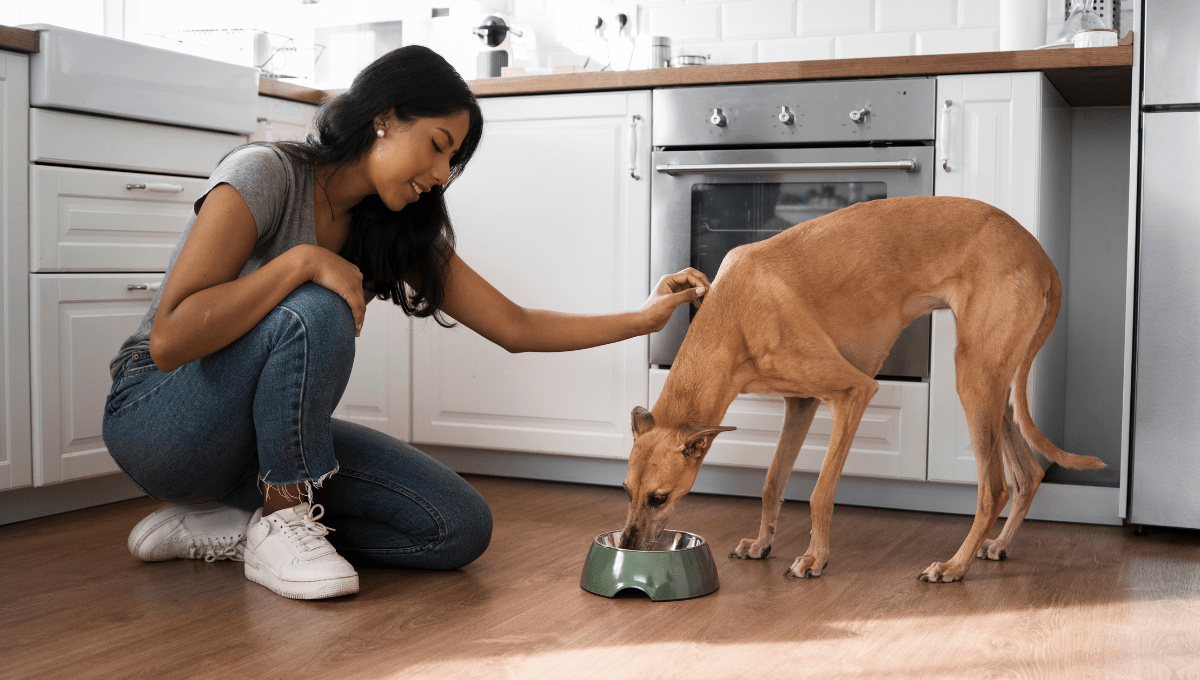
Conclusion:
While puppy food might seem like a tempting treat for your senior dog, it’s generally not the healthiest option. Consult your vet to find the perfect senior-specific diet that will keep Gus wagging his tail and living his best life well into his golden years. After all, happy tummies lead to happy seniors, and that’s the sweetest reward of all!
BonusTip Can senior dogs eat puppy food?
Keep an eye on Gus’s weight and energy levels. If he starts gaining weight or seems lethargic, it’s time to revisit his diet with your vet. Remember, even small changes can make a big difference in your senior pup’s well-being!
Now go forth, shower your senior companion with love and the right food, and watch them bask in the joy of their golden years!

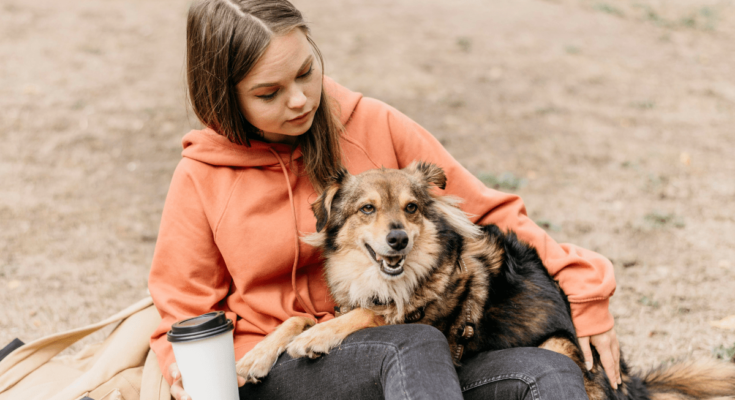
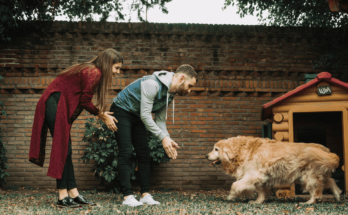

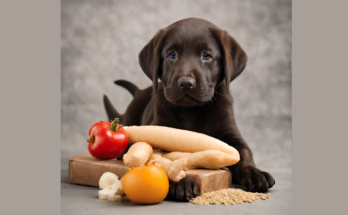
Thanks for this glorious article. Also a thing is that a lot of digital cameras can come equipped with a zoom lens that enables more or less of a scene to be included by ‘zooming’ in and out. These kinds of changes in focus length tend to be reflected in the viewfinder and on big display screen on the back of your camera.